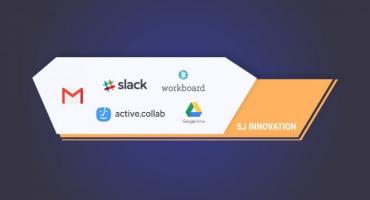The Rise of Intelligent Project Management Assistants and How They Can Boost Efficiency
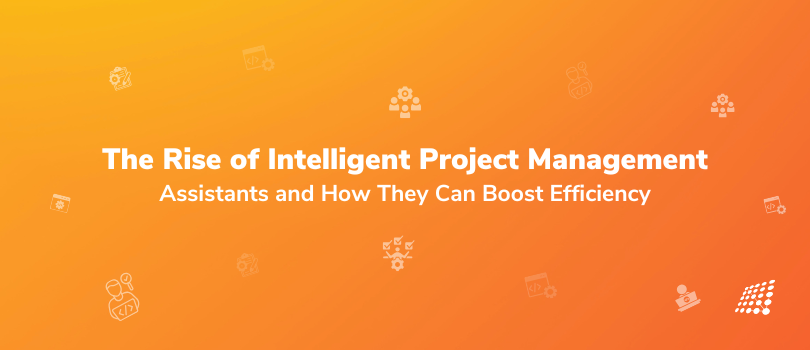
Project managers—ever feel like your to-do list grows faster than you can check things off? Between endless progress updates, shifting schedules, and juggling stakeholder demands, it’s easy to get stuck in the chaos. What if you could reclaim your time, streamline workflows, and stay ahead of risks—without the burnout?
AI-powered project management assistants are reshaping the landscape of how projects are handled across various industries. In today's fast-paced business world, staying competitive means adopting innovative solutions that reduce complexity and drive performance. AI tools are no longer just a trend; they’re a necessity for those looking to scale efficiently. Businesses are constantly looking for ways to increase productivity and efficiency, and integrating AI into project management holds the potential to revolutionize workflow and results. These cutting-edge assistants go beyond traditional software by offering flexible solutions that strengthen decision-making, streamline processes, and reduce risks.
Exploring this groundbreaking technology is essential, as these intelligent partners can modify your strategies, save you valuable time, and drive your success to new heights. Today, as we delve deeper into the benefits, you'll discover how these tools can revolutionize your approach to managing projects. So, let’s get started!
Benefits of Intelligent Project Management Assistants
1. Operational Efficiency and Automation:
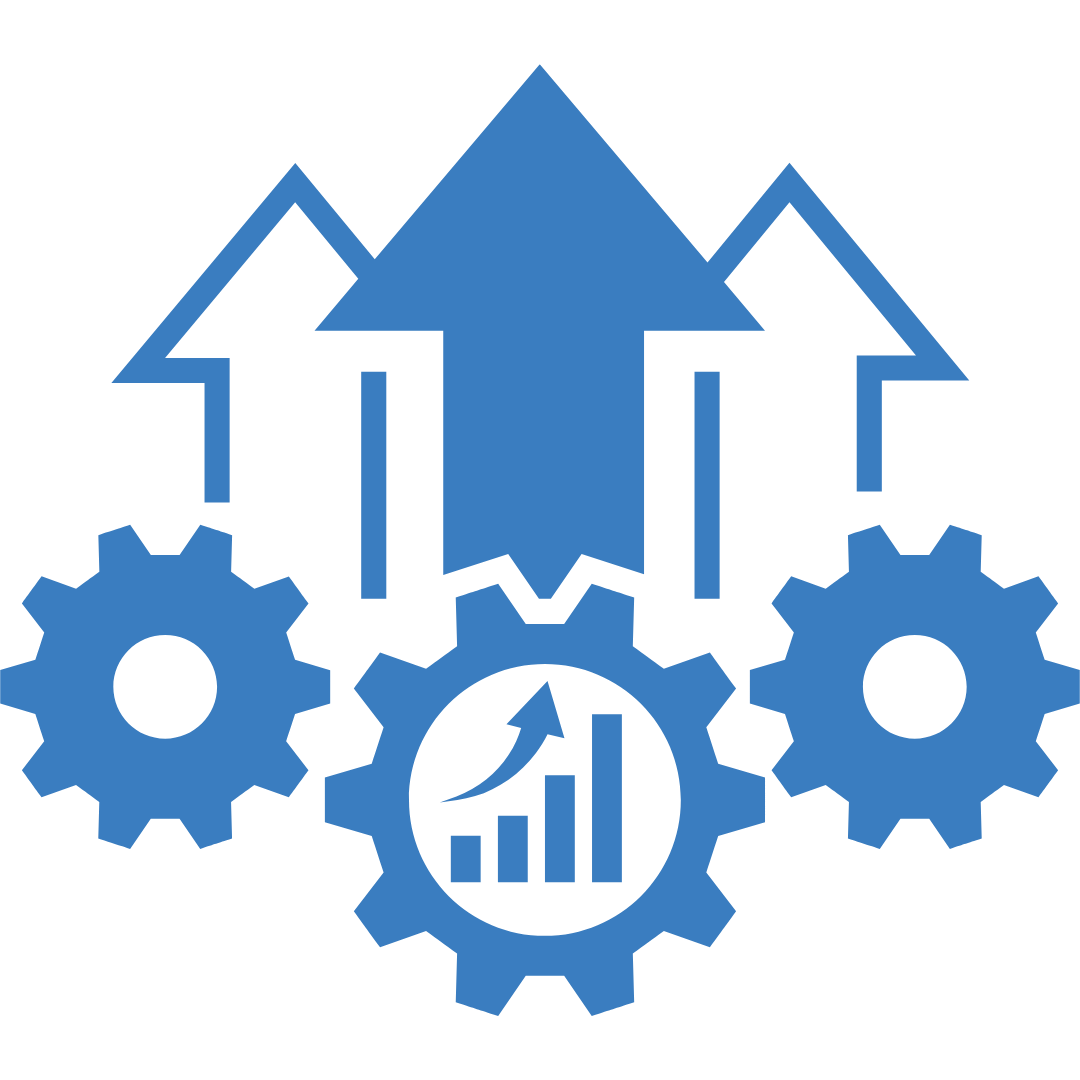
- Automating Routine Tasks: Intelligent project management assistants automate repetitive tasks such as progress tracking and meeting scheduling. This allows project managers to focus more on strategic decision-making and higher-level responsibilities.
- Enhancing Strategic Focus: With automation handling routine tasks, project managers can dedicate more time to engaging with stakeholders, tackling complex challenges, and fostering innovation. This approach also boosts team morale through meaningful collaboration.
- Predictive Analytics: By analyzing both historical and real-time data, intelligent assistants identify patterns that signal potential risks. This insight enables proactive resource allocation and timely adjustments to project timelines.
- Risk Management: Early identification of risks allows project managers to develop contingency plans and maintain effective communication with stakeholders. When risks are managed before they become problems, the team operates with greater confidence and efficiency, leading to smoother project execution.
- Data-Driven Decision-Making: Intelligent assistants process vast amounts of data to provide actionable insights. These insights guide strategic decisions such as resource allocation and timeline adjustments, improving project efficiency and success rates.
- Strategic Resource Management: With data-driven insights, project managers can prioritize tasks and allocate resources effectively. This informed approach ensures the optimal use of time, maximizing project performance.
- Enhancing Quality Control: Intelligent assistants continuously monitor outputs to ensure they align with quality standards. Real-time feedback enables quick adjustments, maintaining high standards and client satisfaction while automating quality checks.
- Streamlining Process Improvements: Through constant monitoring, intelligent assistants pinpoint areas for improvement, helping teams refine processes. This proactive approach ensures that deliverables meet client expectations and enhances overall project performance.
2. Enhanced Collaboration and Human Empowerment:

- Empowering the Human Aspect: By automating routine tasks, intelligent tools allow project managers to focus on developing team skills and nurturing innovation. This shift fosters an environment where employees feel valued, boosting morale and encouraging creative problem-solving.
- Strategic Focus for Leaders: Reduced administrative burdens enable leaders to concentrate on strategic thinking, professional development, and driving continuous improvement. This focus fosters innovation and allows for exploration of new, impactful approaches.
- Optimizing Communication and Collaboration: Intelligent tools act as centralized hubs, maintaining updated records and ensuring all team members have access to essential information. This fosters transparency and alignment with project goals by preventing misunderstandings. When everyone works from a single source of truth, teams stay aligned, communication gaps are minimized, and productivity soars.
- Enhancing Decision-Making Efficiency: AI-enhanced tools interpret context and offer actionable suggestions, streamlining decision-making processes. By predicting necessary actions, they help teams stay proactive and focused on achieving objectives efficiently.
Traditional and Intelligent Project Management Comparison
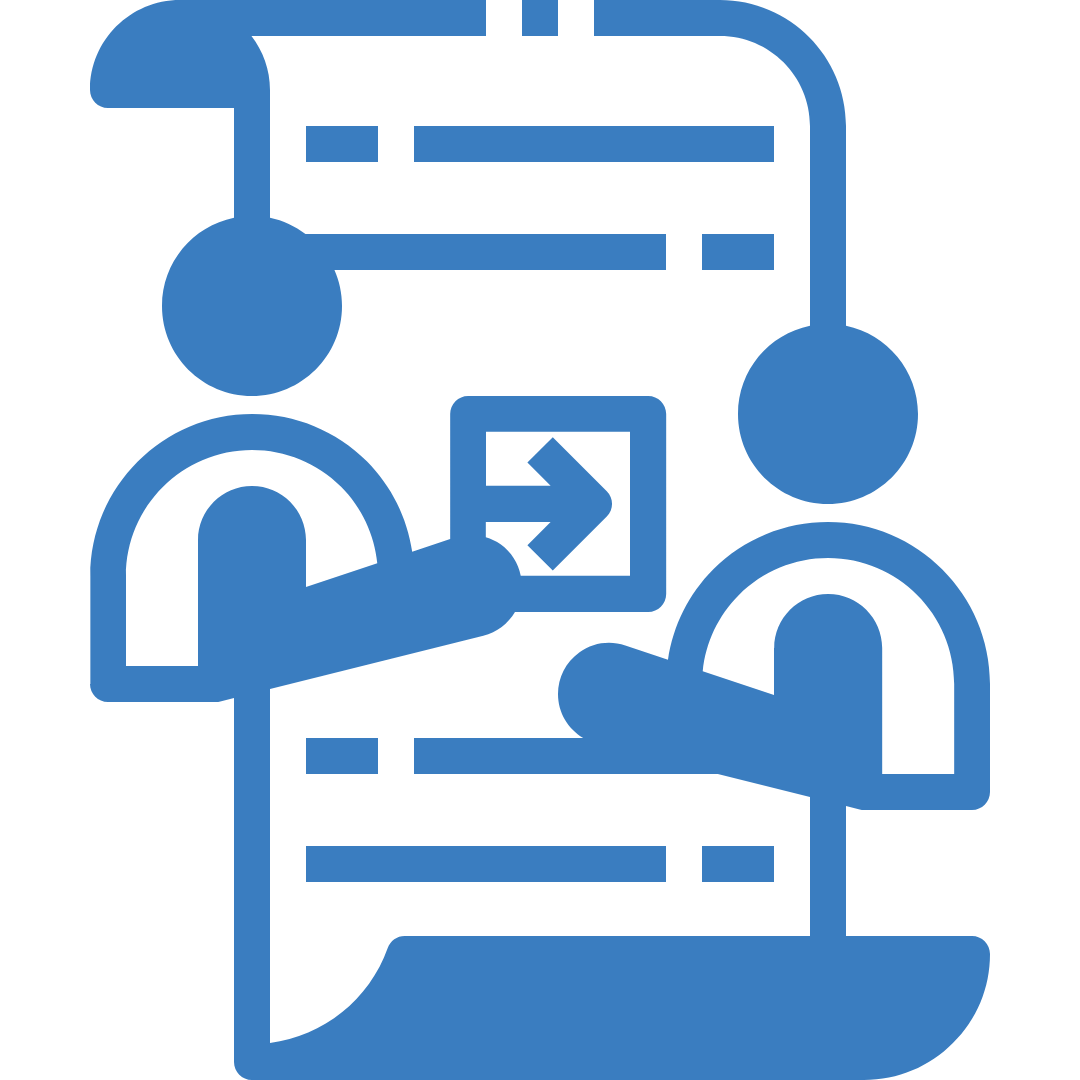
Here's a comparison of traditional project management methods versus the use of intelligent project management assistants, focusing on five major tasks:
1. Task Scheduling and Management:
- Traditional Methods:
- Project managers often rely on static tools like spreadsheets or Gantt charts to manually create and update schedules.
- Adjusting timelines requires significant manual effort, leading to potential errors and delays in communication.
- Intelligent Assistants:
- AI-driven tools automatically generate dynamic schedules that adapt in real-time based on project changes and resource availability.
- They provide predictive analytics to foresee potential bottlenecks, allowing for proactive adjustments before issues arise.
2. Resource Allocation:
- Traditional Methods:
- Resource allocation is typically based on initial estimates without continuous updates, which can lead to inefficiencies.
- Reallocating resources involves time-consuming manual processes that may not reflect current project demands.
- Intelligent Assistants:
- These systems analyze workload patterns continuously, enabling dynamic reallocation of resources as needs evolve.
- They offer data-driven insights into optimal resource utilization, ensuring teams are neither overburdened nor underutilized.
3. Risk Management
- Traditional Methods:
- Risk identification relies heavily on periodic reviews and manager intuition, often resulting in reactive rather than proactive measures.
- Documentation of risks is usually done manually, making it difficult to track changes or trends over time.
- Intelligent Assistants:
- AI tools continuously monitor for risk indicators using vast datasets and alert managers with actionable insights when potential issues are detected.
- They provide objective risk assessments with suggested mitigation strategies based on historical data and trend analysis.
Conclusion
The rise of intelligent project management assistants marks a milestone in the evolution of project management practices. These smart tools not only elevate efficiency and productivity but also enable a strategic realignment of the project manager's role from administrator to visionary strategist. As technology continues to advance, organizations that harness the power of AI assistants will be well-positioned to lead the charge in effective and efficient project management, steering their teams toward unprecedented success.
It's time to modernize your project management approach. The future with intelligent project management assistants redefines how projects are managed with unparalleled precision and agility. These agents are not just about efficiency; they're about empowering your team, enhancing decision-making, and driving success like never before. Don't let traditional methods hold you back—contact us today and let us help you leap into smarter project management!
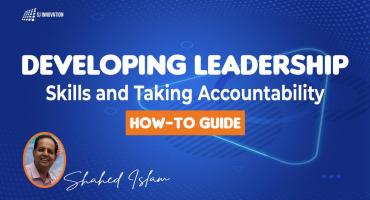
Developing Leadership Skills and Taking Accountability: How-to Guide
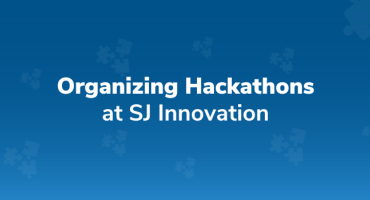
Experience of Organizing Hackathons at SJInnovation
